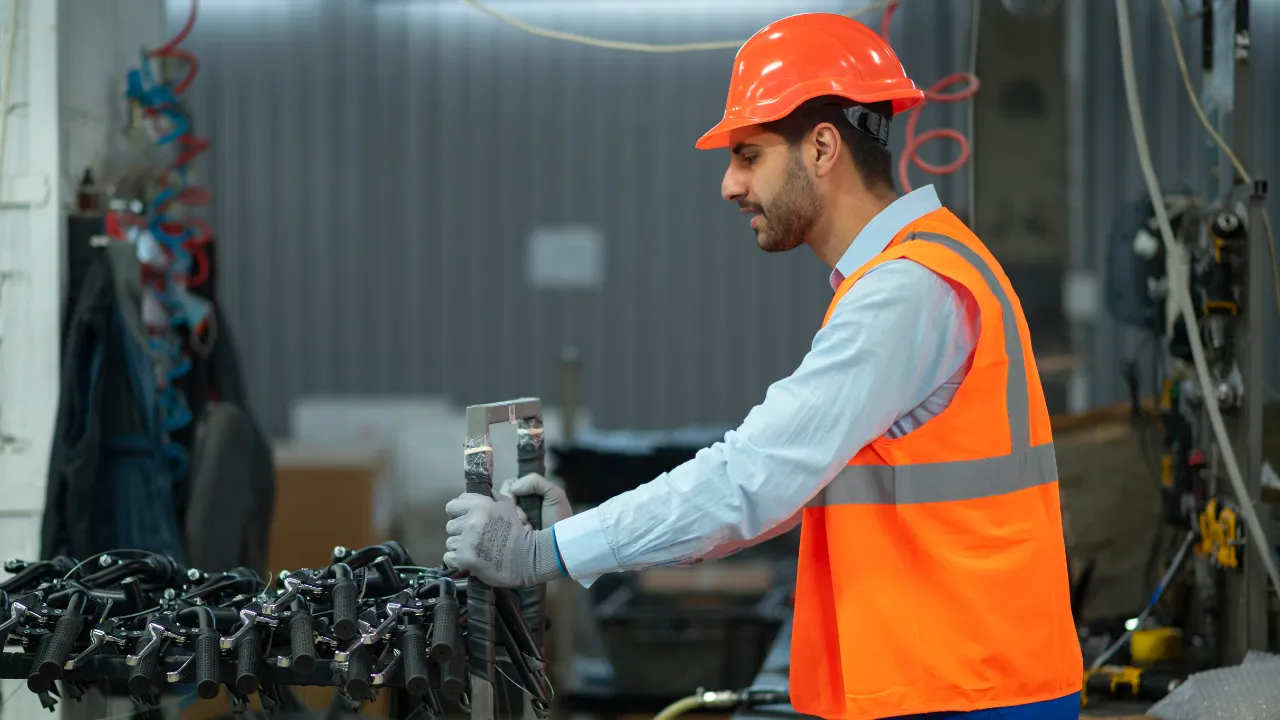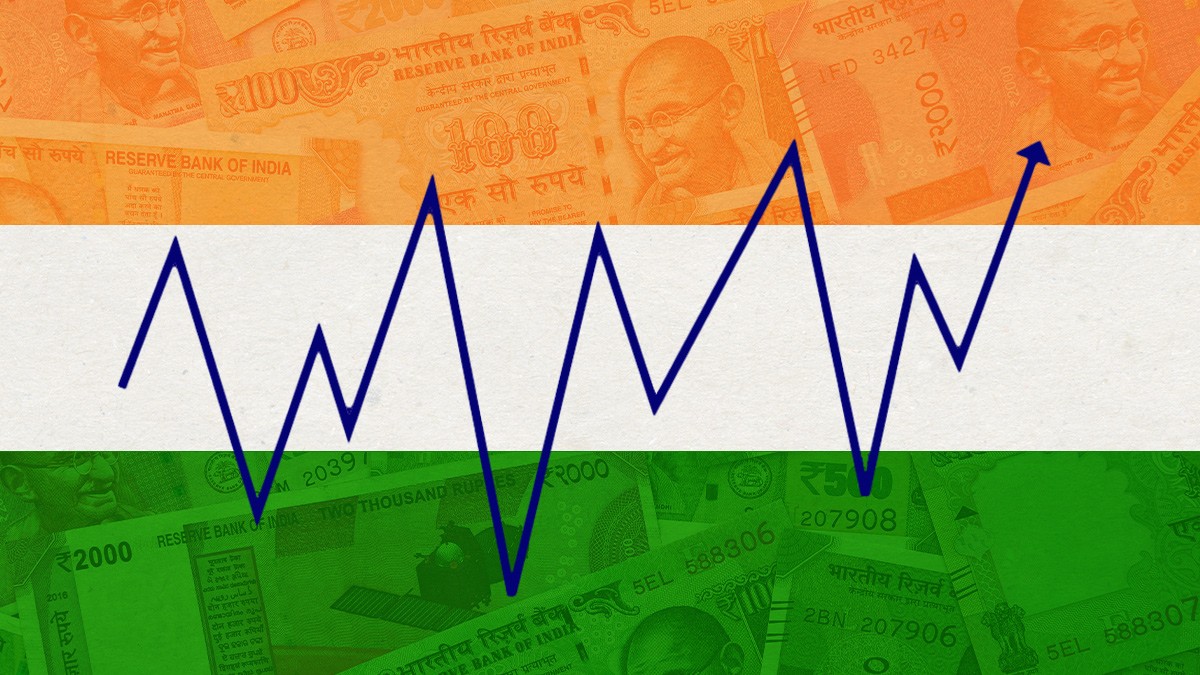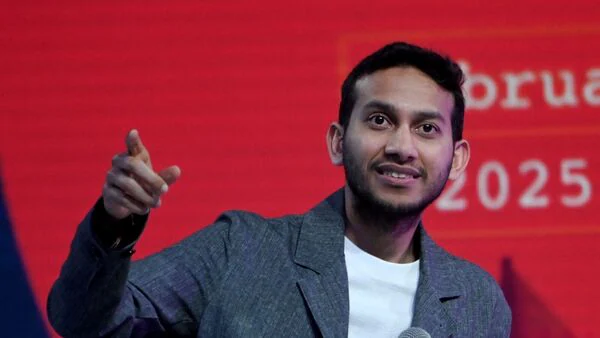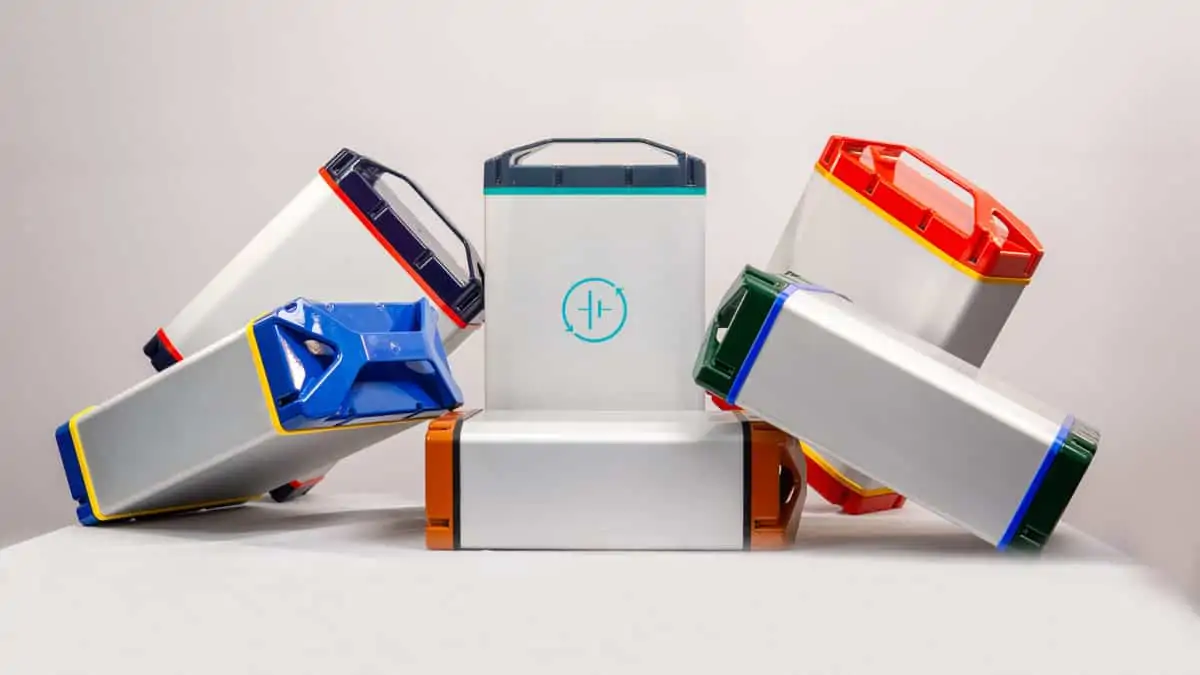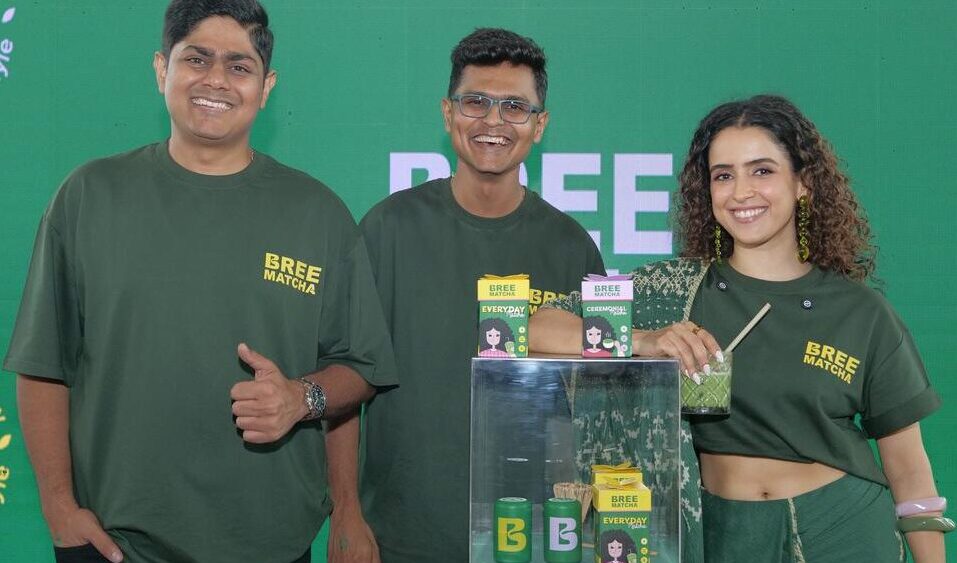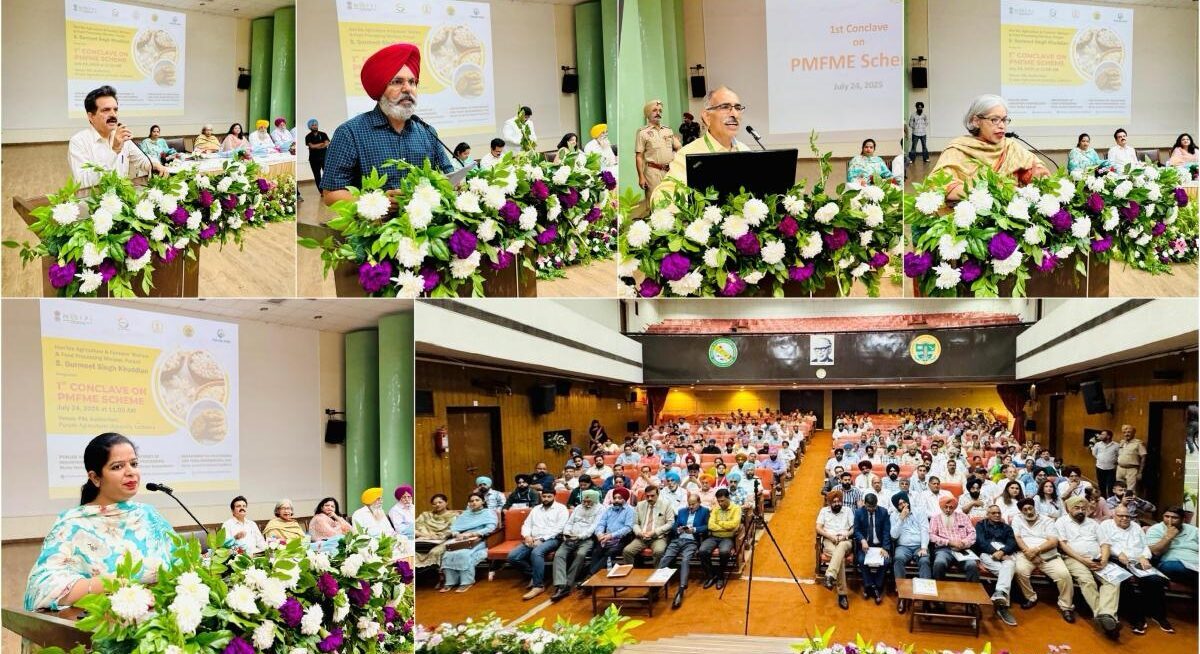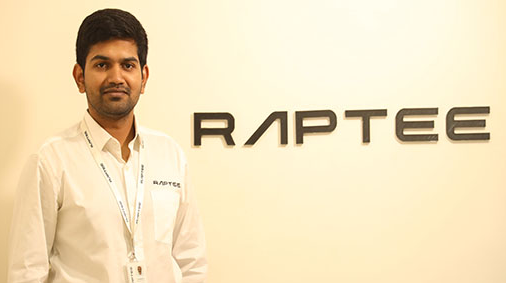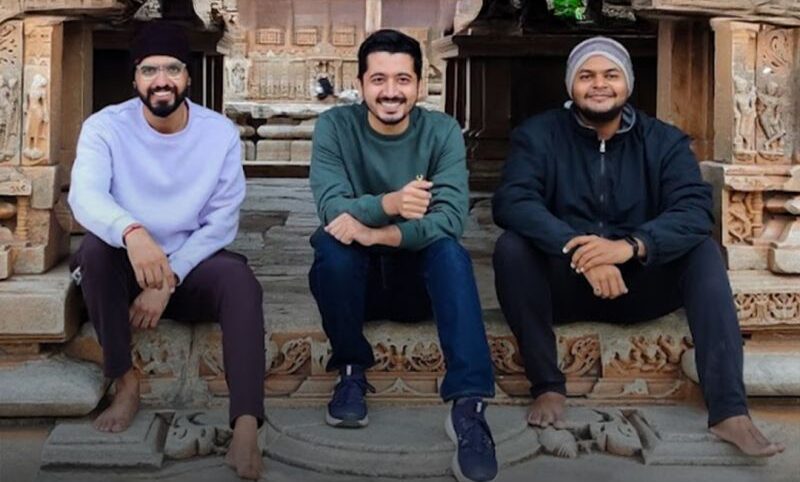As global automakers eye India’s expanding Electric Vehicle (EV) and automobile market, a stark contrast is emerging in strategic approaches. While Tesla Inc., led by Elon Musk, remains hesitant to set up manufacturing operations in India, competitors like Mercedes-Benz and Hyundai are ramping up their investments and production capabilities in the country.
India, now the world’s third largest automobile market by volume, is increasingly attracting foreign automakers with its government incentives, improving EV infrastructure, and a growing middle-class consumer base. However, despite years of on and off negotiations, Tesla has yet to make a firm commitment to manufacturing in the country.
Tesla’s Reluctance
Tesla’s interest in India began in 2016, although advancement has been slow. The corporation has raised issues with import taxes, limited infrastructure, and unclear policies. Elon Musk has openly expressed Tesla’s reluctance to set up a production facility in India unless it can first sell its cars there, pointing to exorbitant import taxes (up to 100% on fully constructed cars) as a significant barrier.
“Tesla will not put a manufacturing plant in any location where we are not allowed first to sell and service cars,” Musk said in a tweet in 2023, encapsulating the company’s hesitation.
Tesla has not responded strongly to the Indian government’s recent announcement of a new EV strategy that offers duty breaks to businesses that invest $500 million and establish domestic production within three years. Though it seems the EV behemoth is still weighing its choices or waiting for better terms, the policy is perceived as an attempt to exclusively attract Tesla. Given that EV sales currently make up a small portion of all vehicle sales in India, industry analysts speculate that Tesla’s premium product portfolio may not yet be suitable for the cost-conscious Indian market. Additionally, Indian automakers like Tata Motors and Mahindra, who are quickly growing their electric product lines, pose a serious local threat to Tesla.
Mercedes-Benz and Hyundai Take the Lead
Mercedes-Benz, a luxury automobile manufacturer from Germany, has made major efforts to strengthen its ties with India. At its Chakan factory in Maharashtra, the company has already started assembling its flagship electric vehicle, the EQS, making India one of the first markets outside of Germany to produce a luxury EV domestically.
Additionally, Mercedes has pledged to increase the number of EVs that are locally built and to develop its nationwide network of charging stations. The company’s operations in India grew by 20% annually in 2024, with electric models steadily boosting its performance.
Similarly, Hyundai Motor Company has doubled down on its India strategy. The South Korean giant has announced plans to invest over ₹20,000 crore (approximately $2.4 billion USD) in Tamil Nadu over the next 10 years. This includes a robust EV manufacturing program, the development of a dedicated EV battery plant, and the modernization of its existing facilities.
Hyundai’s upcoming models, like the Ioniq 5 and Kona Electric, are already generating buzz, and the company aims to make India a key export hub for its future EV lineup.
India’s Growing Strategic Importance
India’s drive for EV adoption is one aspect of a larger plan to lessen urban pollution and reliance on fossil fuels. Automakers are vying for market share as the government wants 30% of all vehicles sold in the nation to be electrified by 2030.
According to TVS Motor Company Chairman Venu Srinivasan, “India is no longer just an emerging market; it is a strategic growth engine for the global auto industry.” “Investors will reap exponential returns over the next ten years.”
Tesla’s conservative approach to India may prove to be a lost opportunity as EV adoption speeds up globally, especially if competitors keep gaining ground. In one of the most promising auto markets in the world, Mercedes-Benz and Hyundai are currently grabbing the opportunity and putting their aspirations into action.
Also read: Olectra’s Biggest Electric Bus Deal Collapses as MSRTC Pulls Out Over Delays











